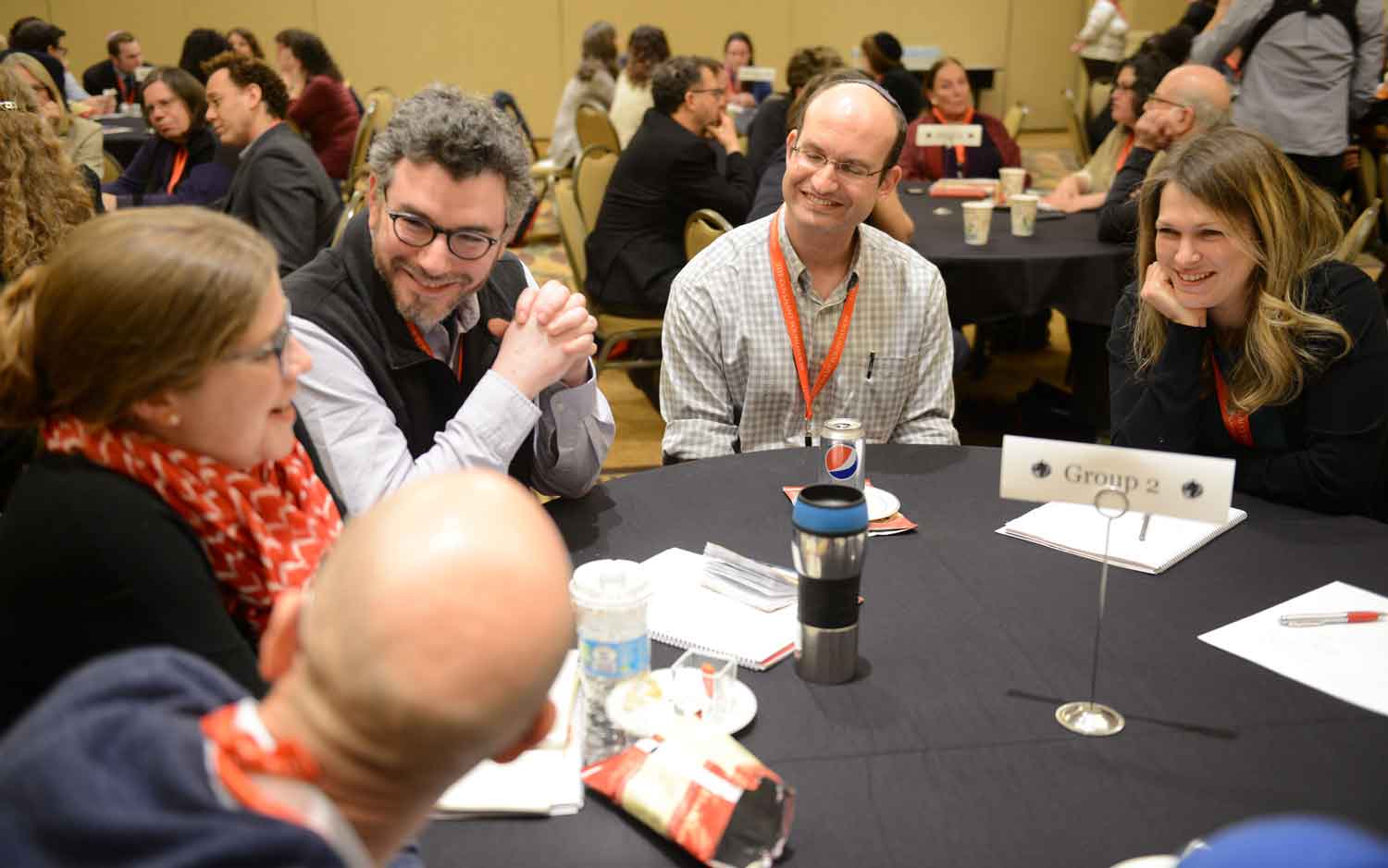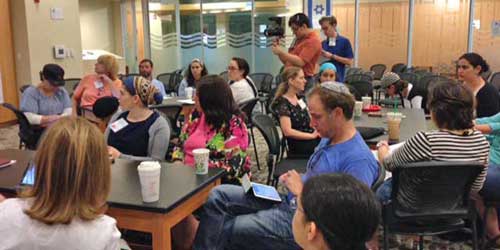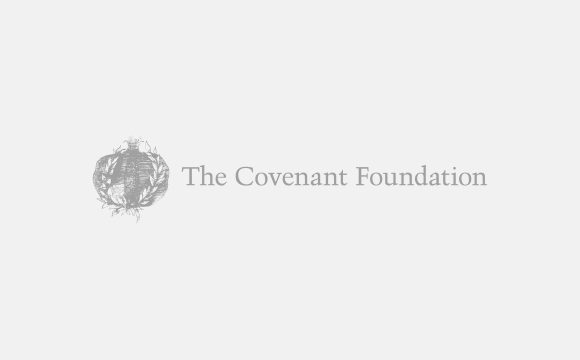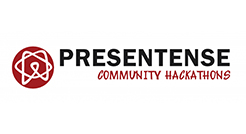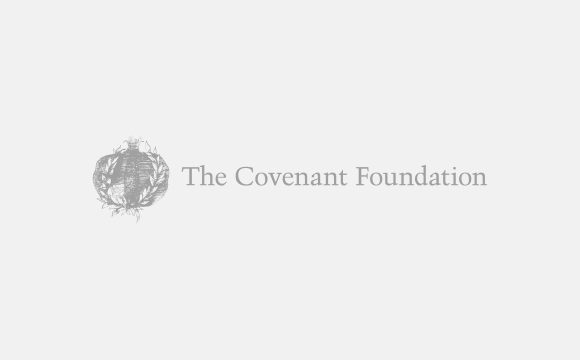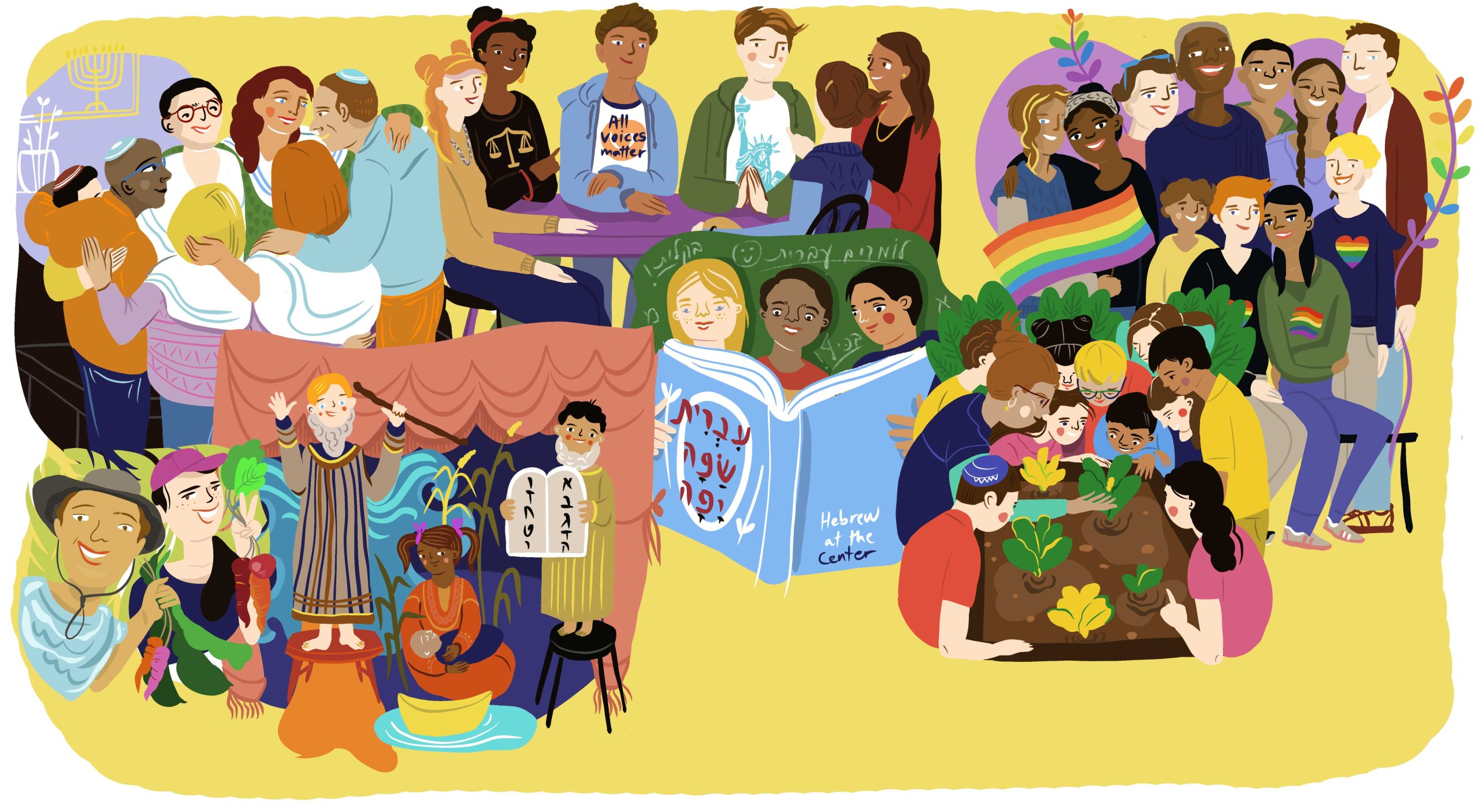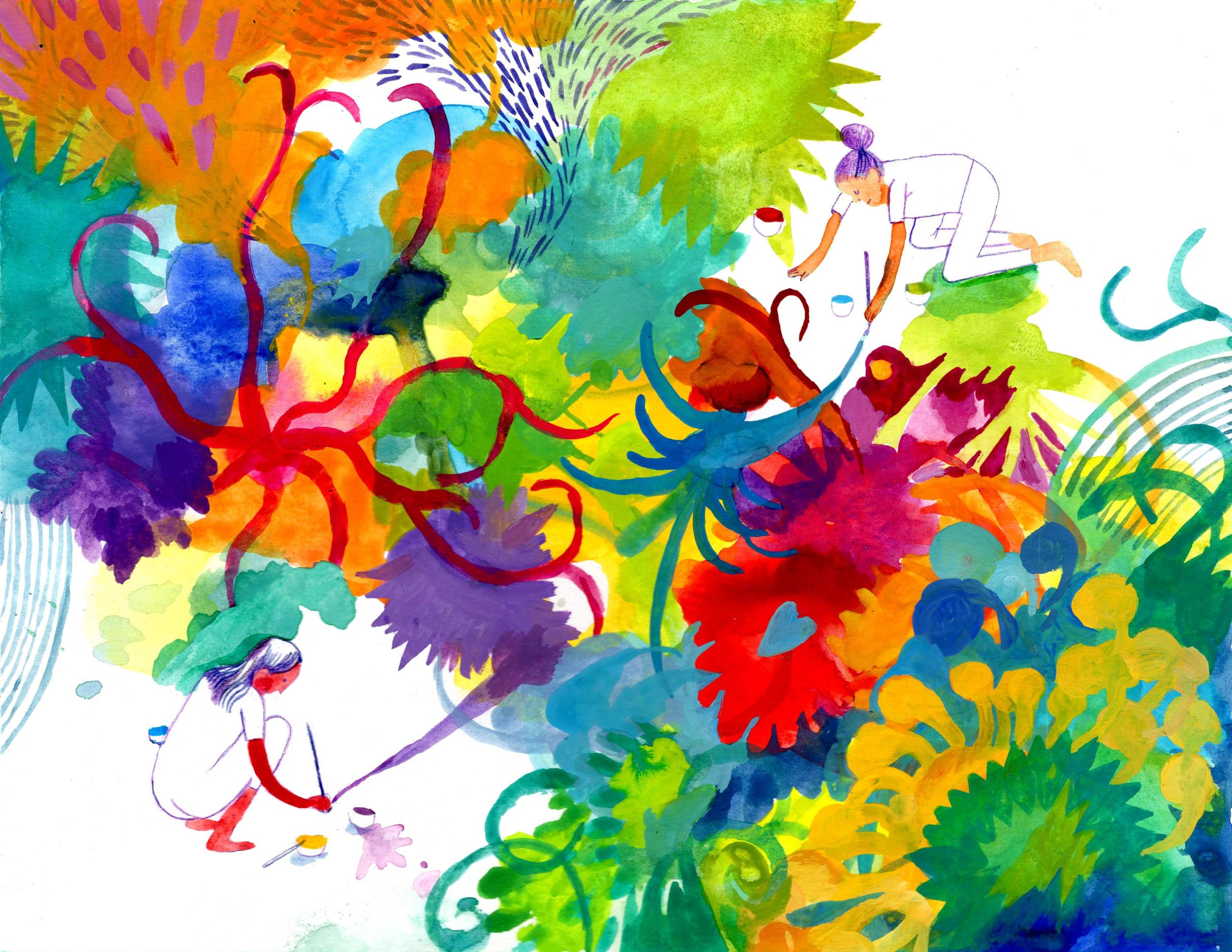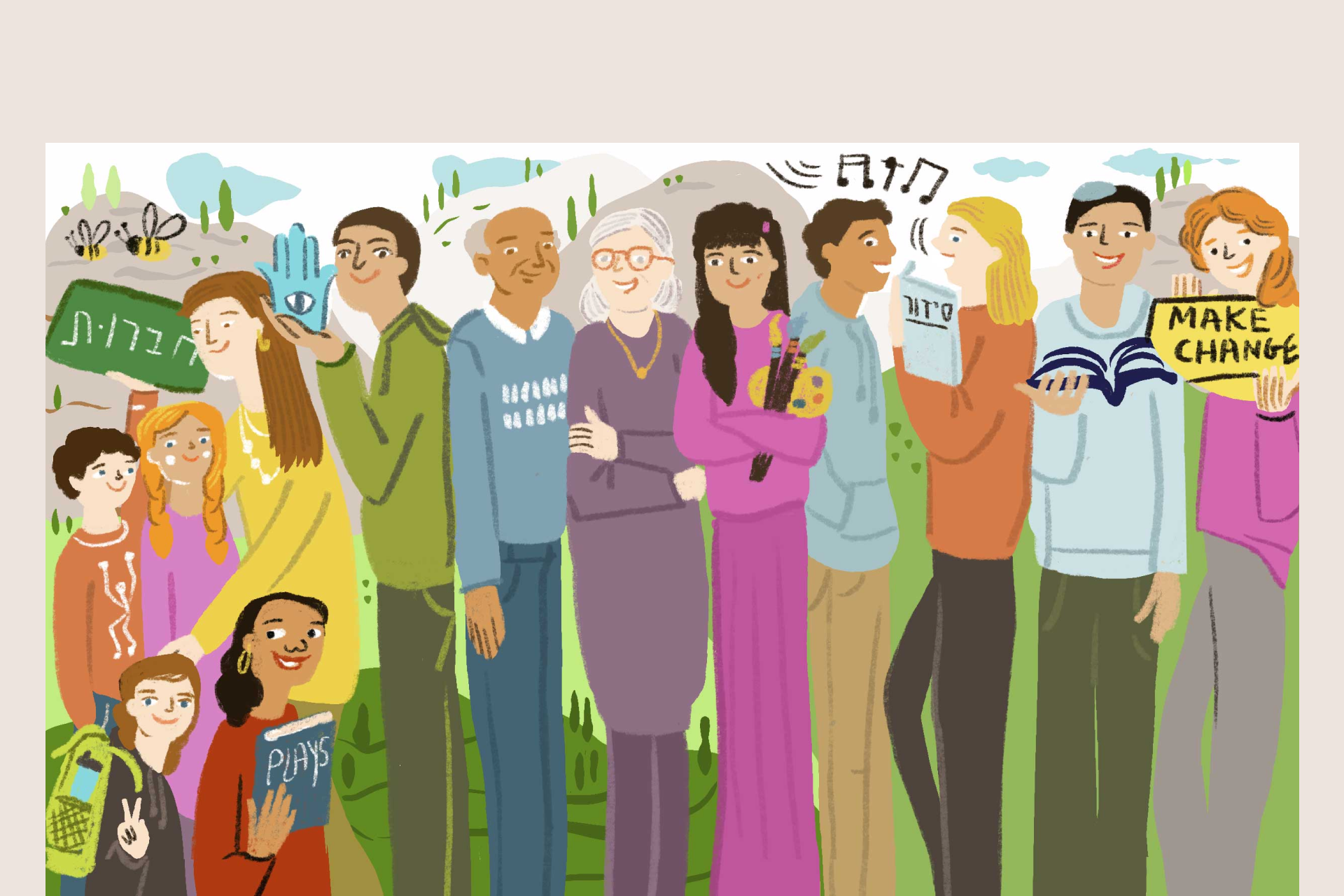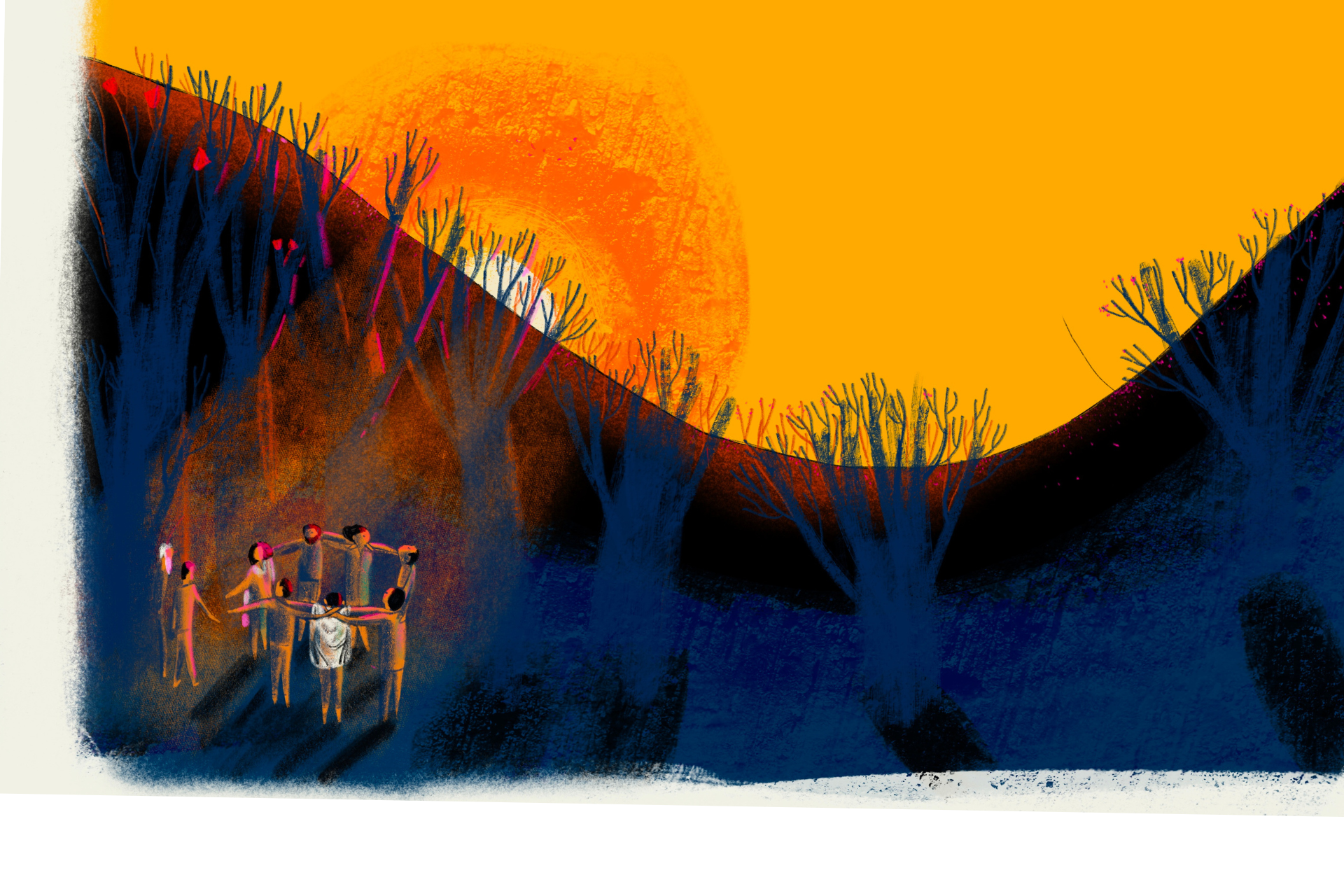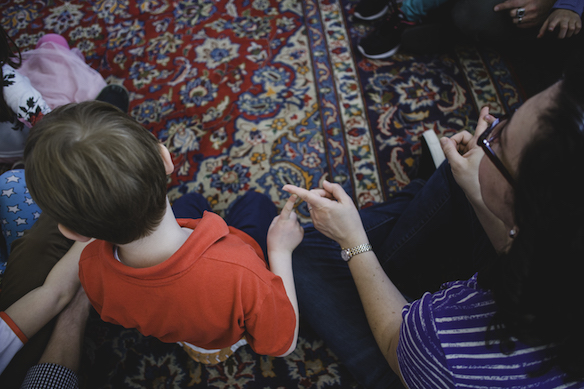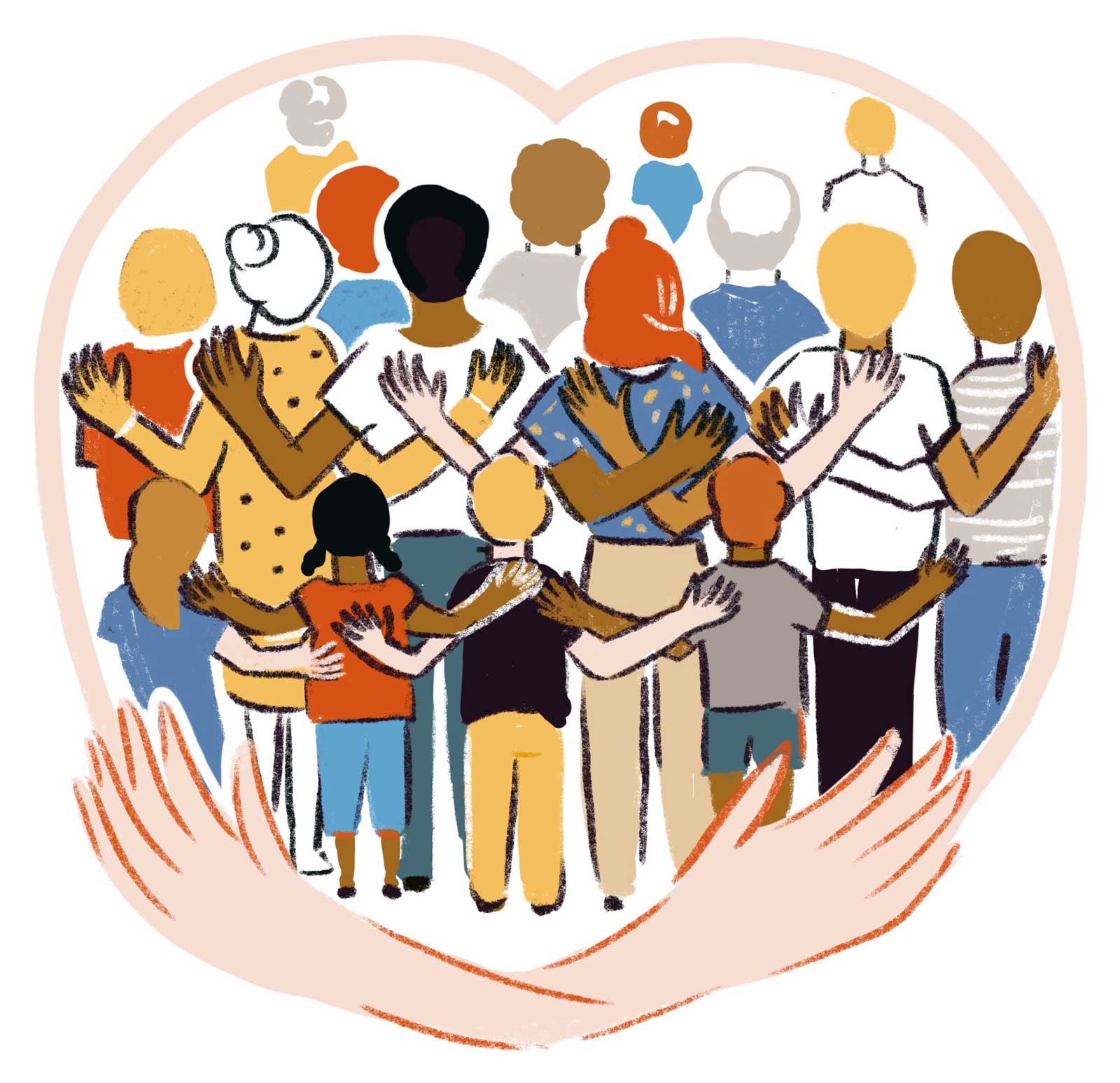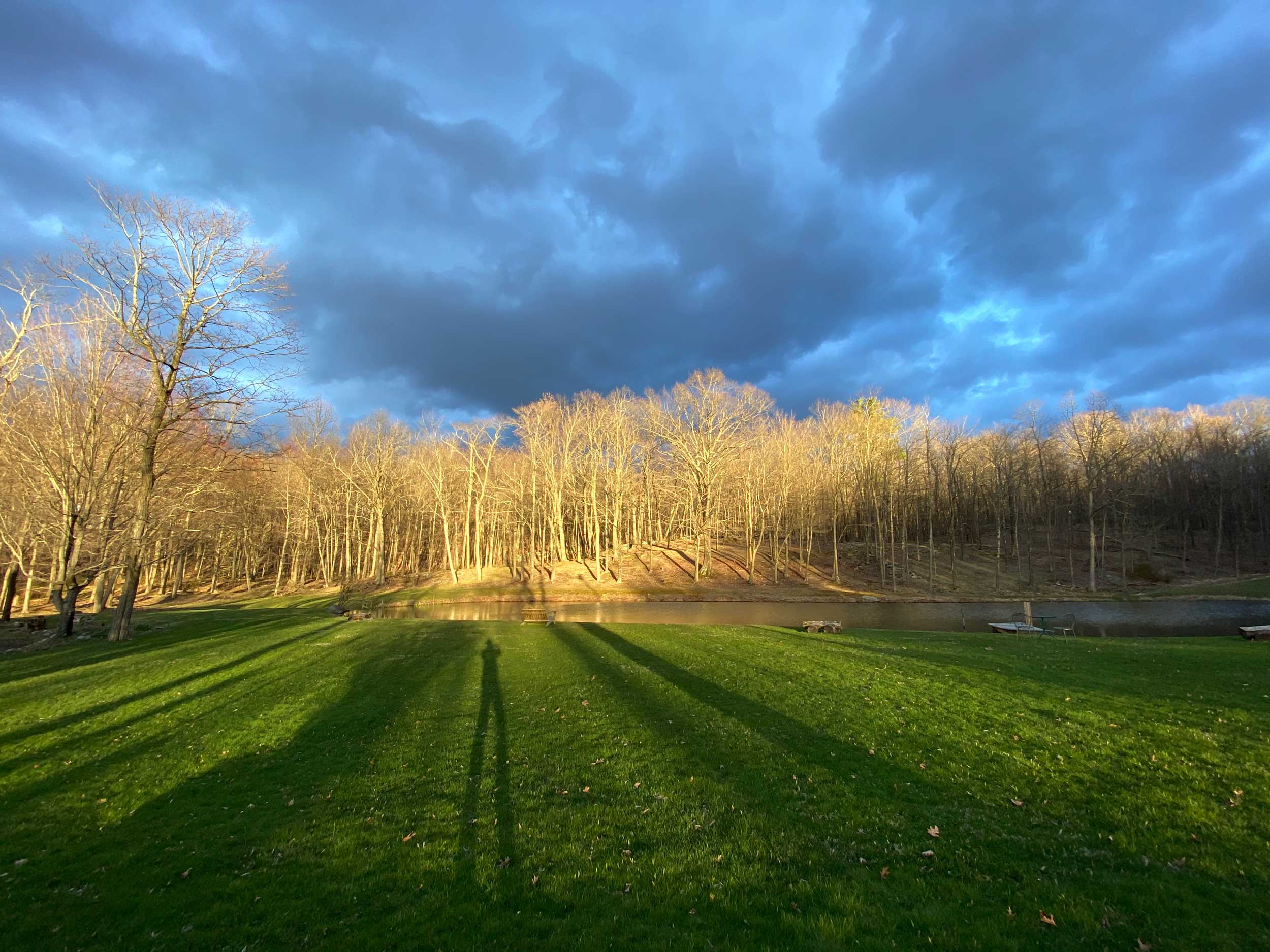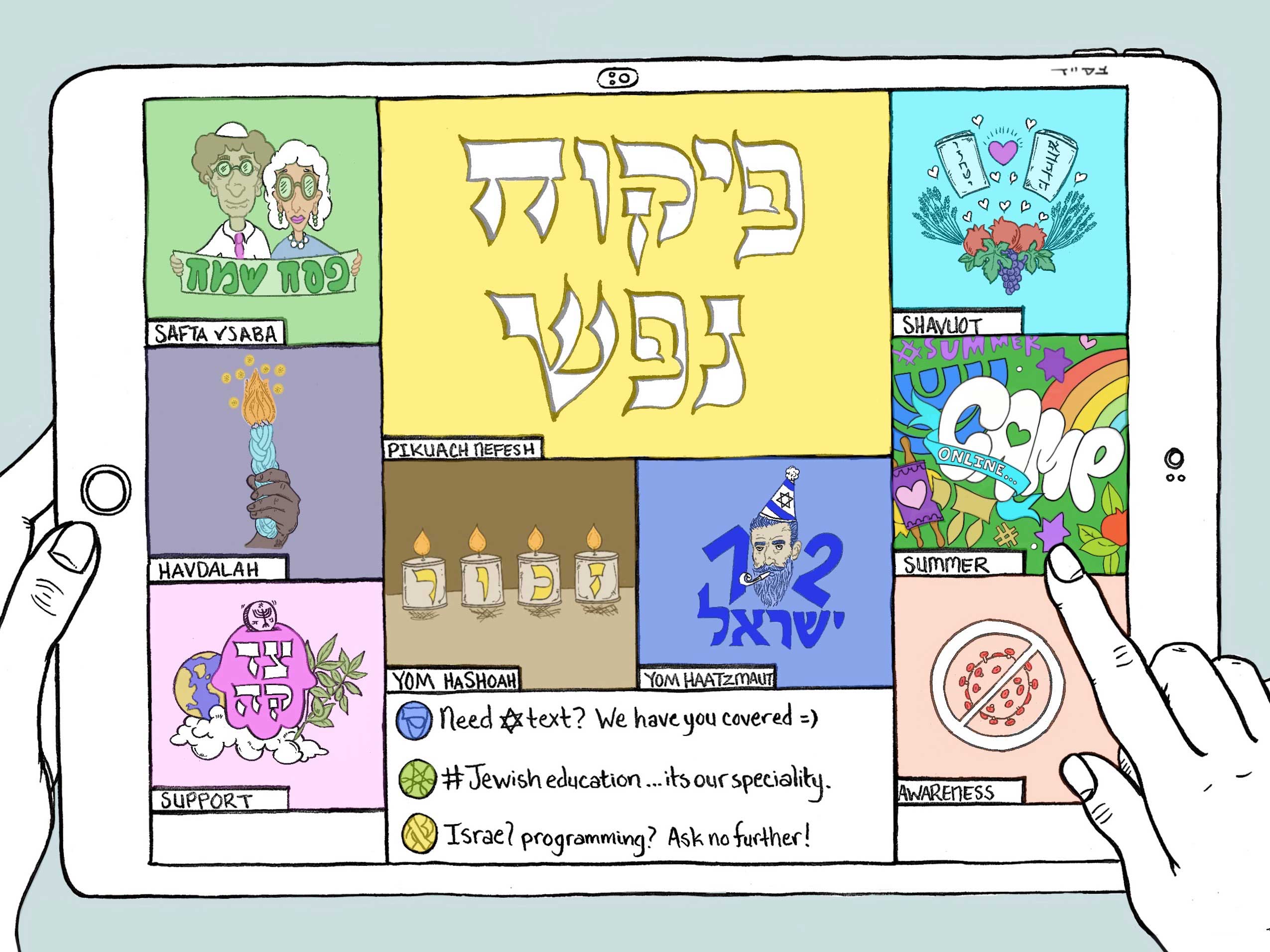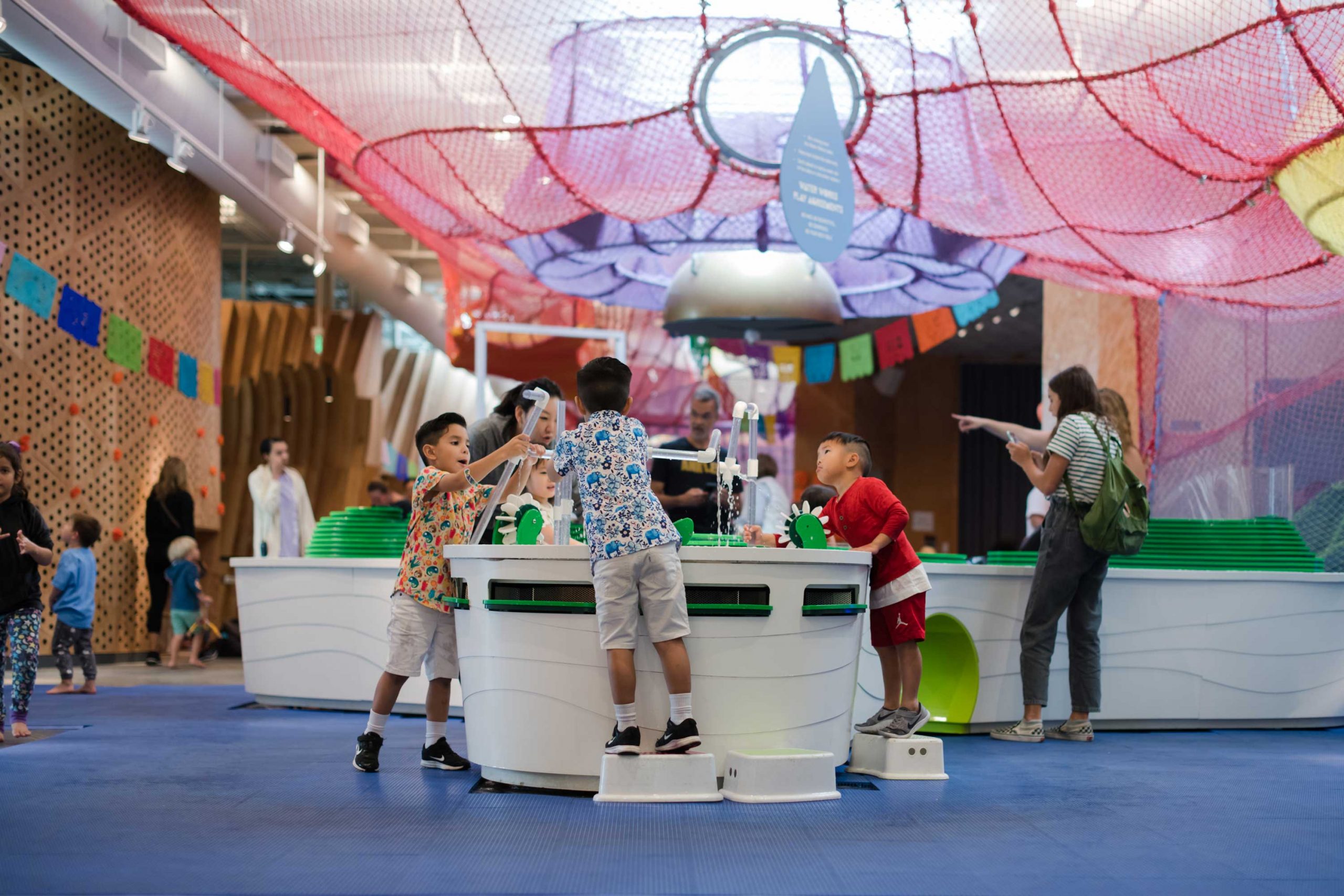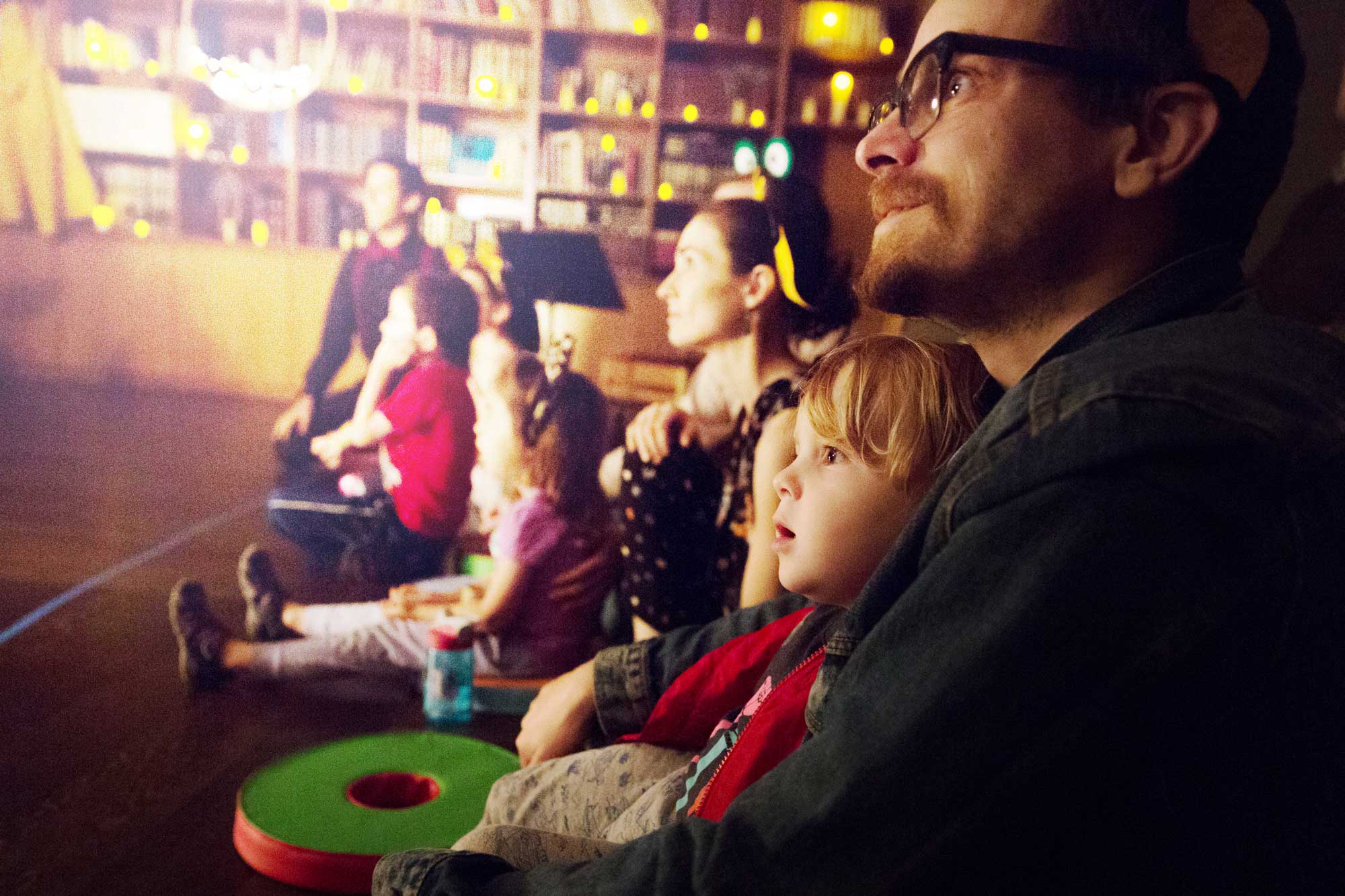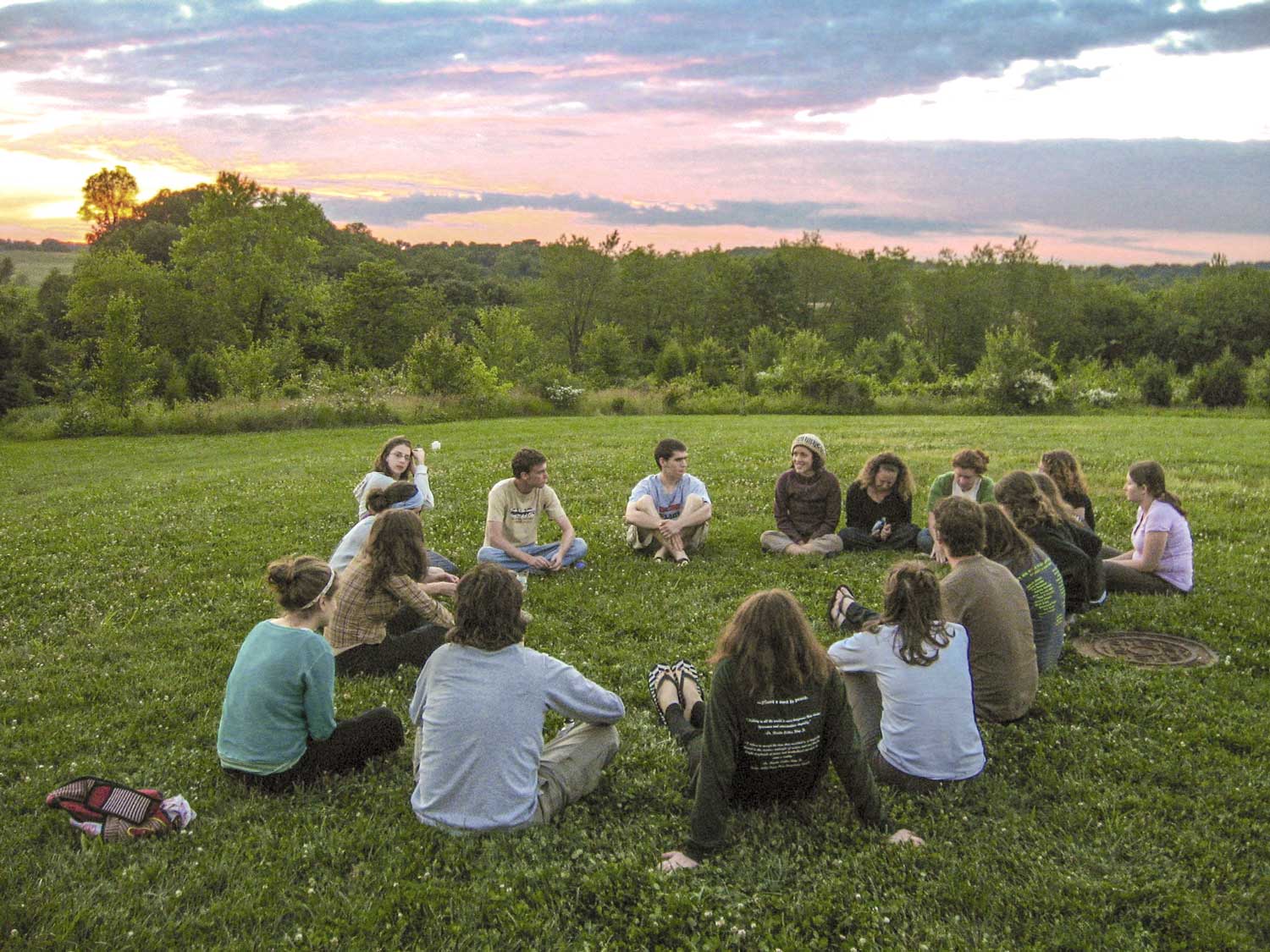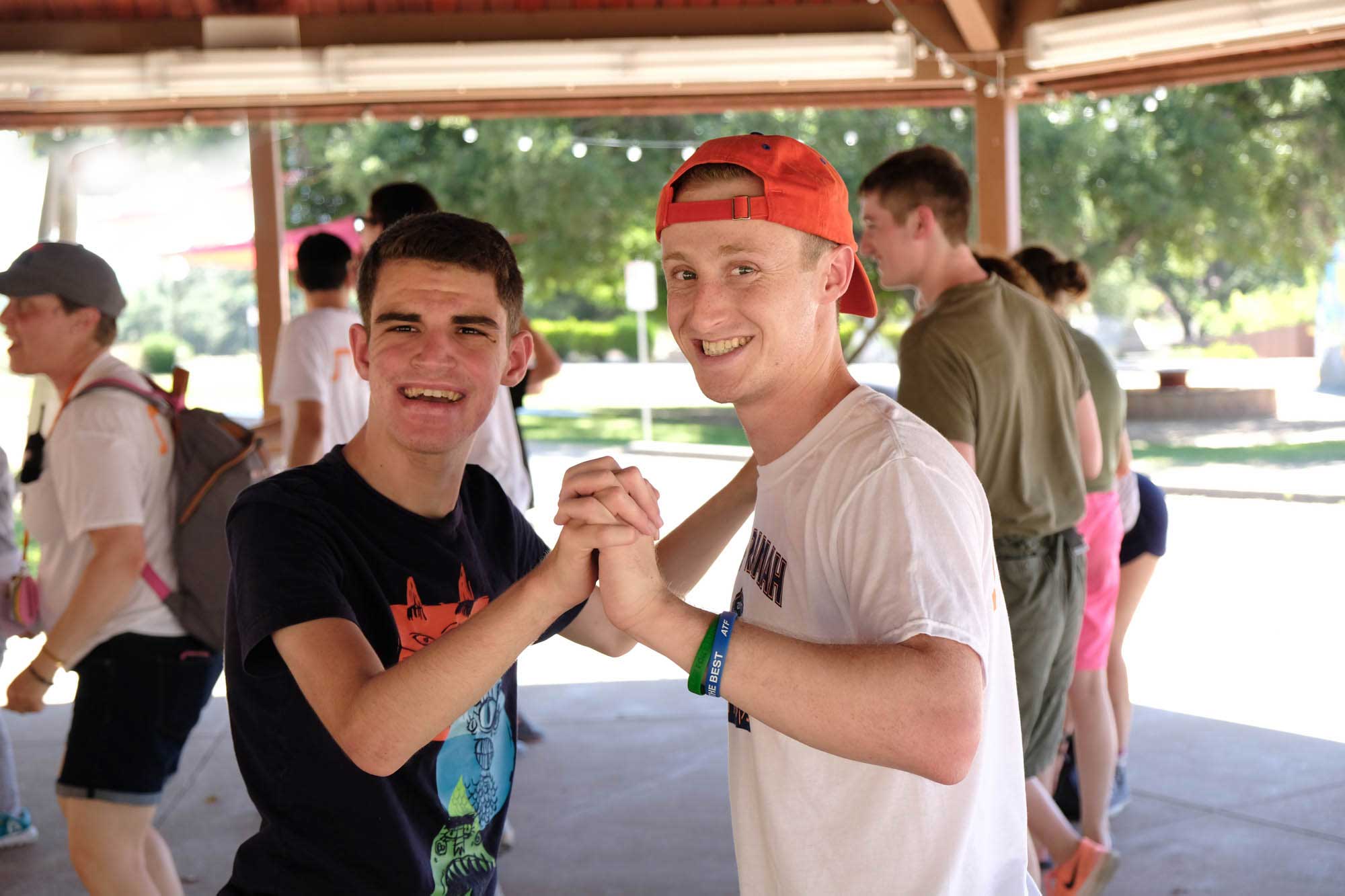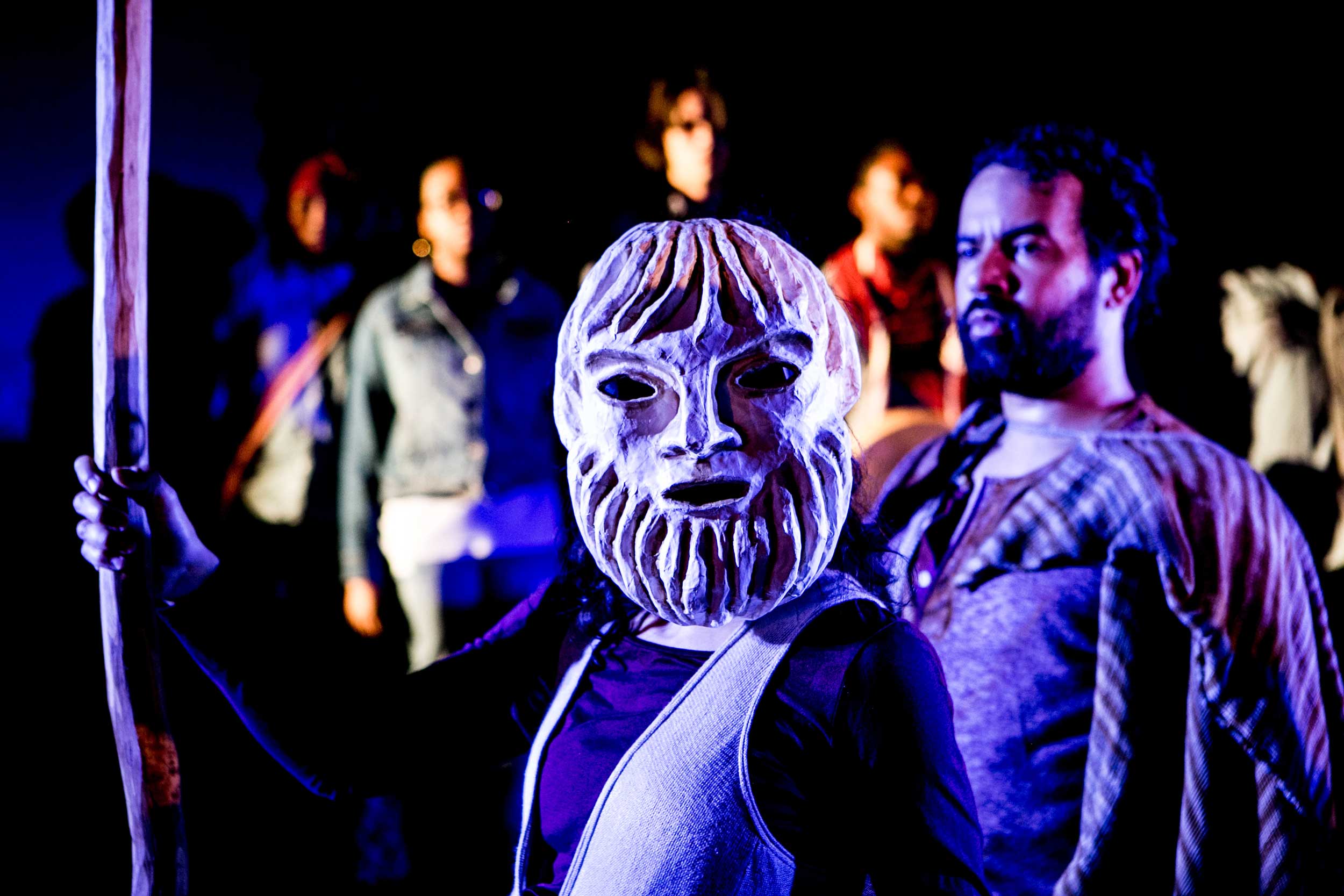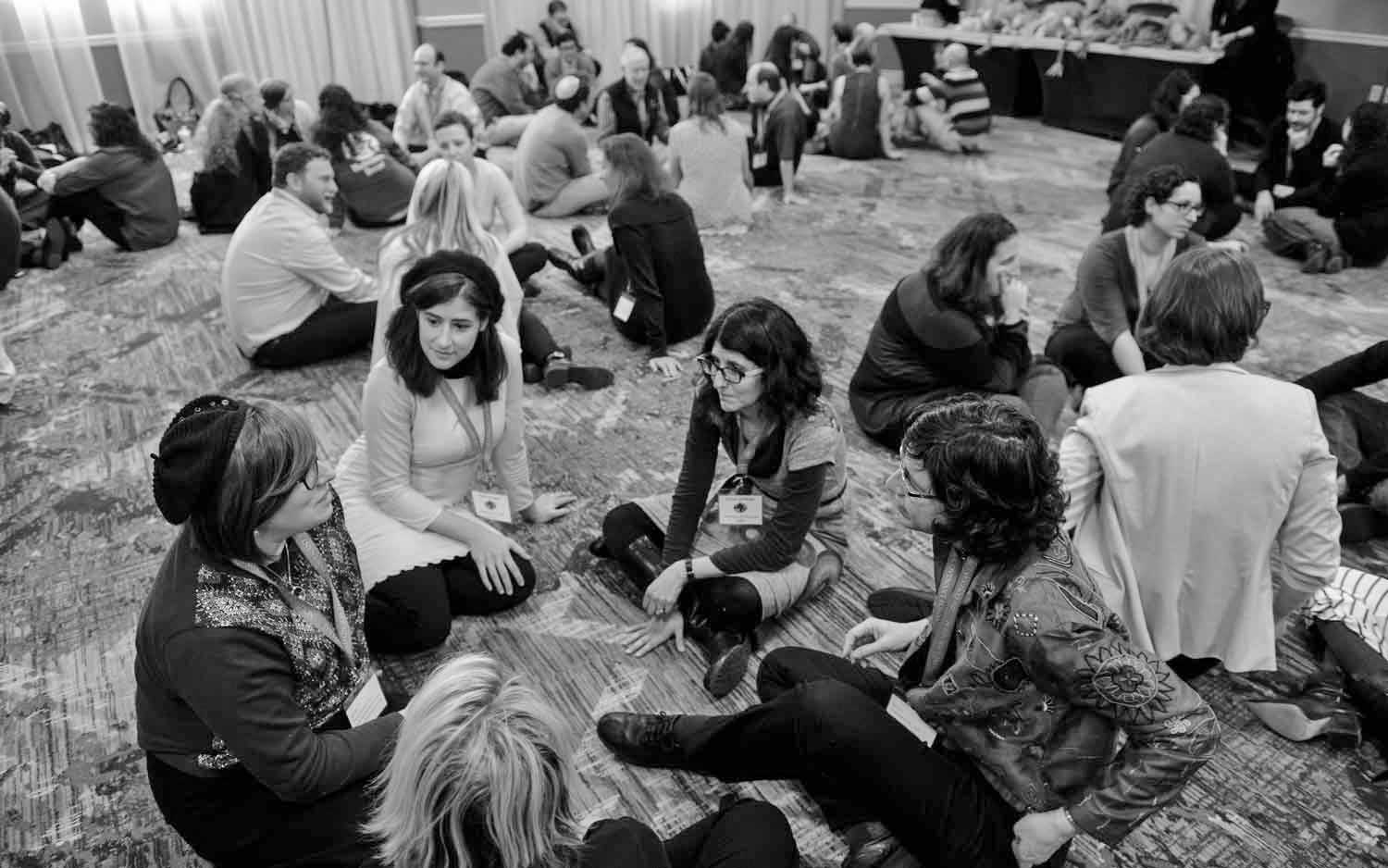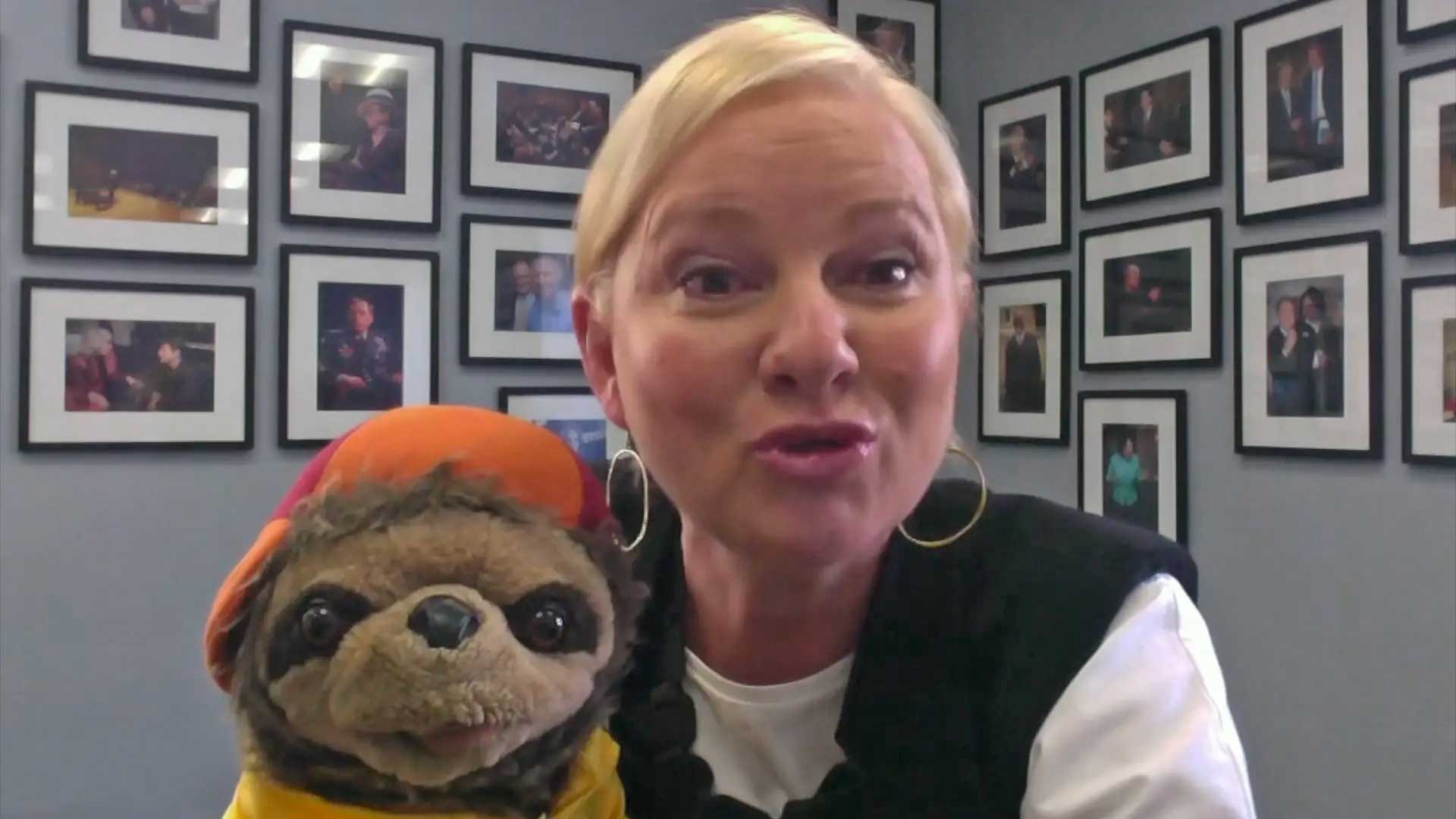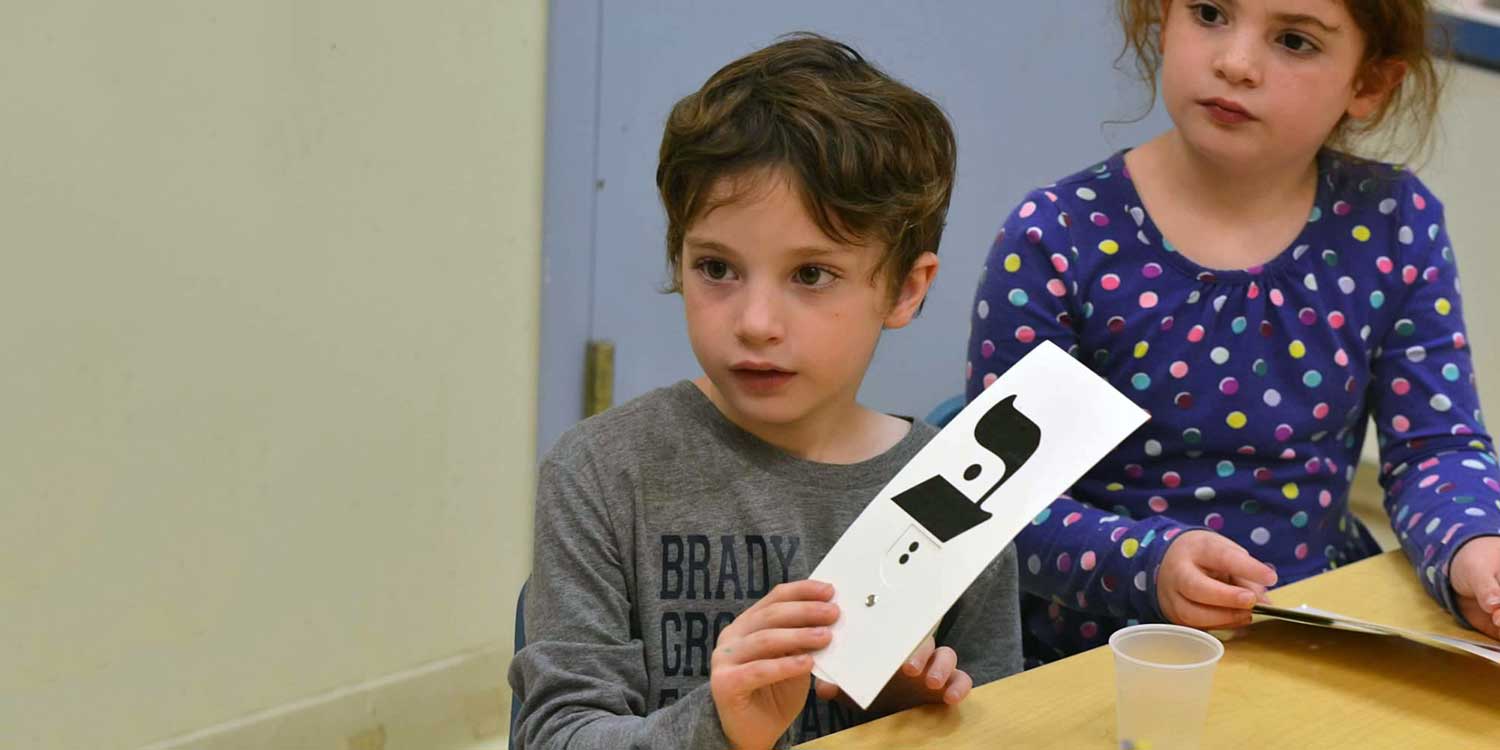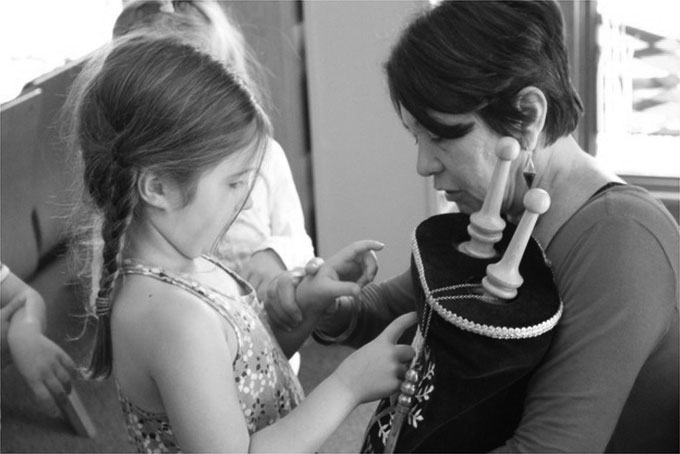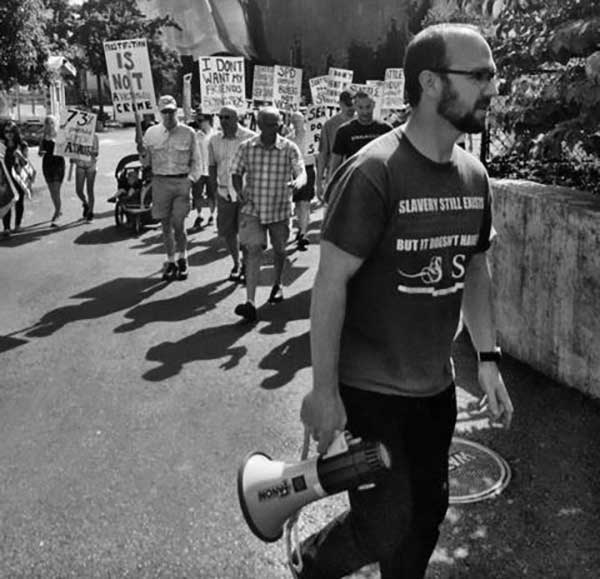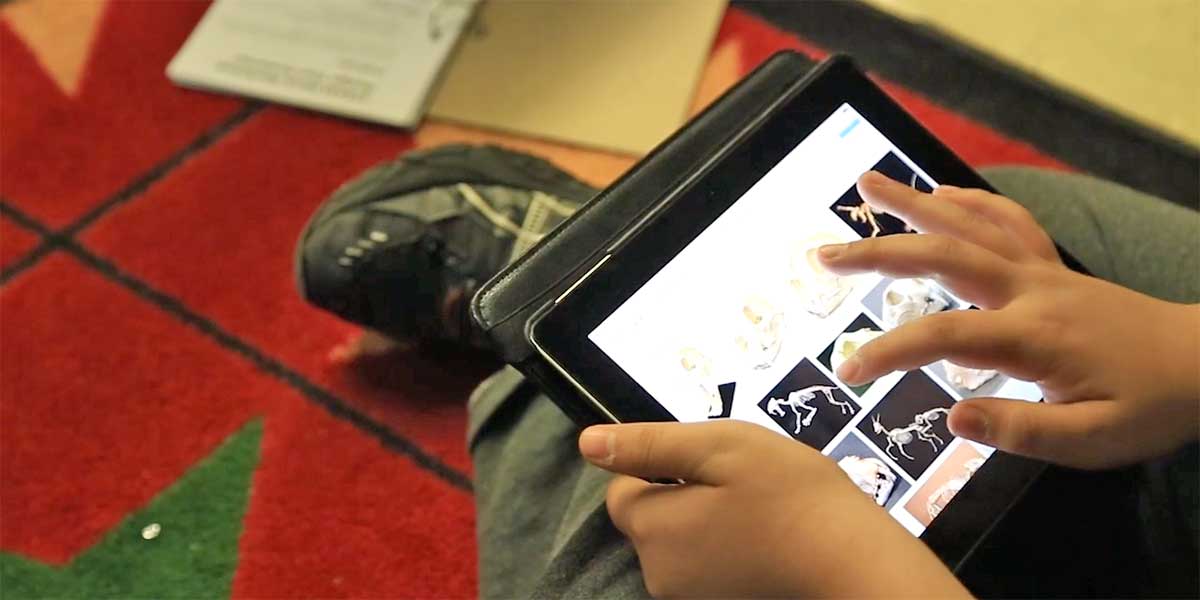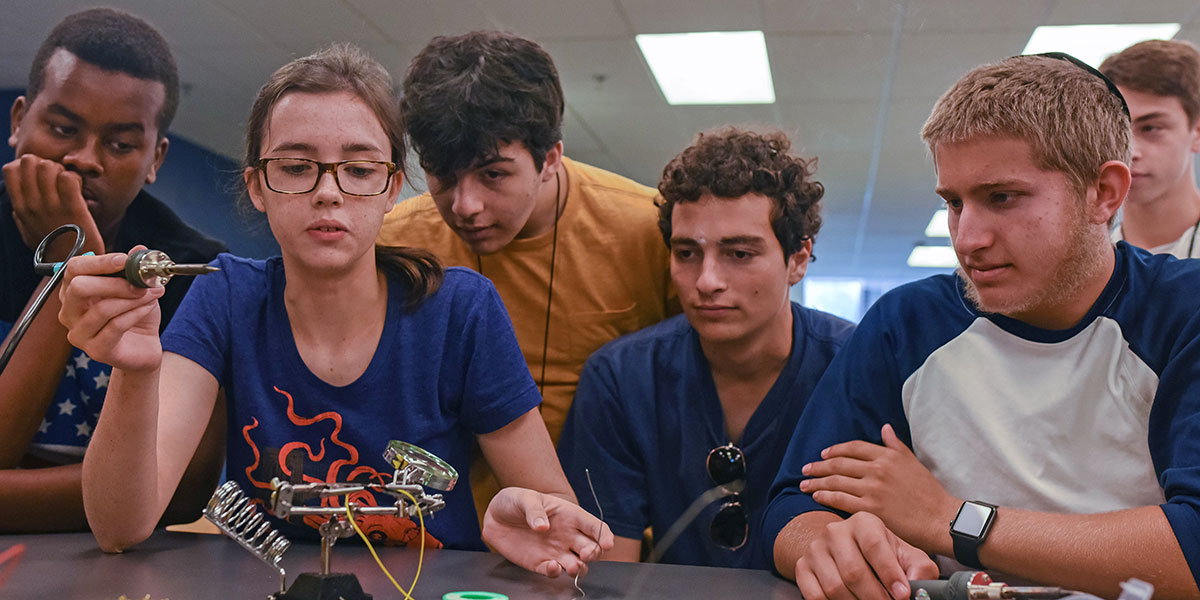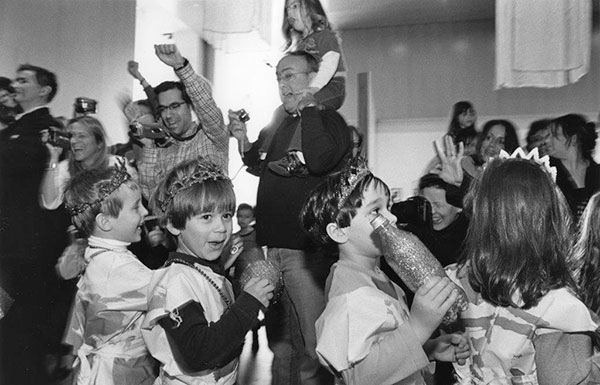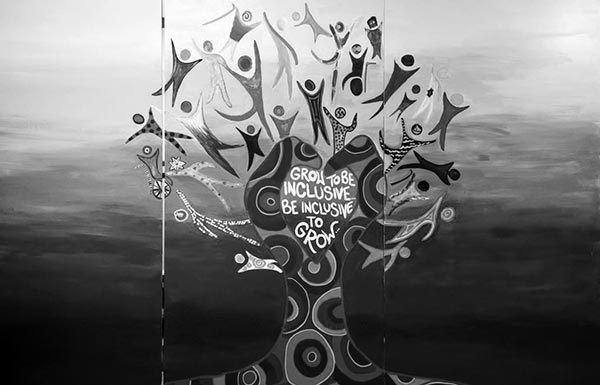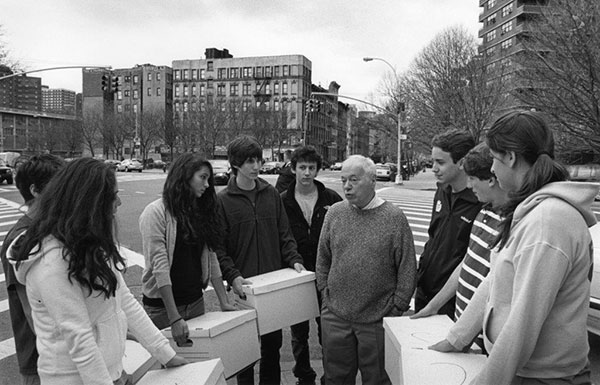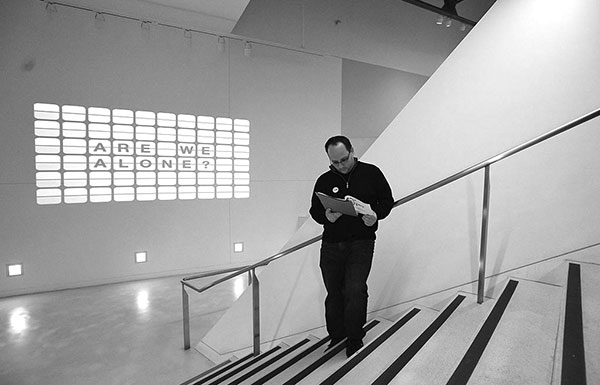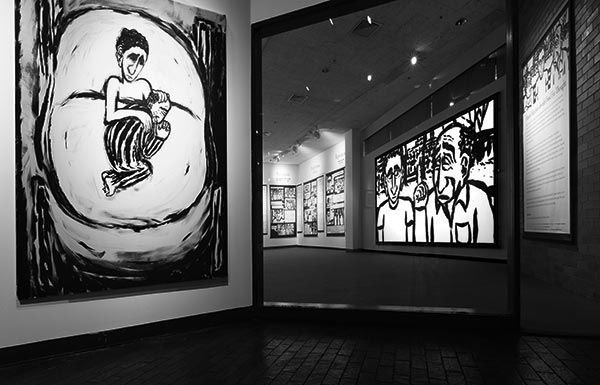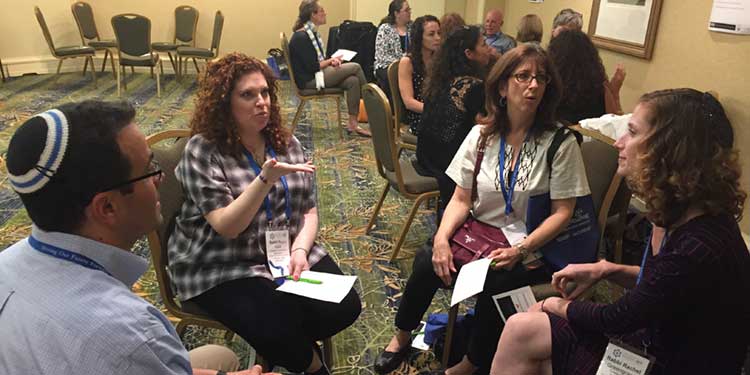
ARTICLE Stronger Together: How the Shinui Network Enhances the Experience of Jewish Educational Professionals
“Alone we can do so little, together we can do so much": An old adage by Helen Keller, but one that might also serve to define the central motivation of the Shinui Network.
Established in 2012 with a Signature Grant from The Covenant Foundation, Shinui was built on the premise that innovation in part-time Jewish education is essential, and that by drawing together those who are already working toward that goal and creating a network, Shinui could offer educators an opportunity to connect and support each other.
“What sparked the idea for Shinui,” explained Anna Marx, Shinui’s Project Director, “is the acknowledgement that we’re all doing this—so, couldn’t we have a greater impact on the field if we worked together and supported one another?”
By “this,” Marx is referring to the work being done behind the scenes in myriad part-time Jewish educational contexts to revive, update, refresh and renew part-time Jewish learning. “We recognize that the needs of each community involved in our network are different,” she added, “but there’s so much that we can learn from one another, and we can help each other on the journey.”
Made up of 10 community agencies (located in Boston, Chicago, Cleveland, Detroit, Houston, Los Angeles, New York, Philadelphia, San Francisco and Toronto), each Shinui Network member is a chosen a professional who, as some part of their portfolio, works on congregational education in their community.
“The roles of our network members are unique,” Marx emphasizes, “because while most are educators by training, their job is to support other educators—which means they aren’t necessarily the ones working directly with other families.” Marx pointed this out to highlight the essential nature of the “support” piece of the Network.
“For our agency representatives,” she said, “Shinui offers a unique opportunity to talk to others who are in a similar role. While they are highly connected educational professionals, they are not directly providing education to families themselves. Rather, these are the professionals who understand the real and urgent issues their local educators face today and design professional learning and other services to support them throughout the year.”
That unique and very connected Jewish professional who represents his or her community amongst the Shinui network agencies is called a “manche” or a “coach,” in Shinui parlance. The manche is the person on the ground in Houston or Toronto or Philadelphia, who works with local congregations and organizations, helping to bring innovation to local Jewish programming. That person then communicates back to the Network to share ideas and challenges-- and garner support.
“Ultimately, our initiative is helping people to learn from one another,” Marx said. “Early on, we worked on this concept of give/get. We asked ourselves, ‘What can organizations give to one another and what can they get from one another?”
“What we uncovered,” she continued, “is that the network is most helpful when each manche brings to the table their own unique and geographically-inflected perspective. Because their cities each have distinct cultures and Jewish communities, the outside perspective they gain by talking to others—essentially comparing notes--provides an invaluable viewpoint that they might not have otherwise.”
Professional Development takes on myriad forms and there are many spokes in the wheel, so to speak, to make the process move forward. Bringing people together is a crucial spoke, and cultivating a network that’s actually productive, is another.
What’s more, PD doesn’t just happen in a vacuum where a trainer and a trainee, meet. Rather, sometimes the trainer and the trainee switch roles, blend knowledge, wrestle with difference and lean on one another for support.
“There’s a lot of modeling that goes on,” Marx added.
Some of that modeling is now occurring through a new partnership with The William Davidson Graduate School of Education at The Jewish Theological Seminary.
“Dr. Bill Robinson approached us not long after he became Dean of the Davidson School,” Marx shared. “He knew that we represented many agencies who were already working on innovating Jewish educational programming and at JTS, through The ReFrame program, the same kind of work was occurring. This was an opportunity for our organizations to support and impact each other.”
To date, the Davidson School has brought the manchim together for two facilitated retreats, where they shared theories of change from their own communities and worked toward identifying a shared outcome for part-time Jewish education together.
“The partnership with the Davidson School offered us an important opportunity to work together to reflect on the individual approaches of our partner agencies and to begin to think forward about the impact we might make as a North American network. Our time together at these two retreats confirmed our assumption from the early formation of the network: we are stronger together,” Marx said.
Ultimately, Marx emphasizes, this work matters, plain and simple.
“It matters that the kids who receive some or all of their Jewish education from a congregational program – or any part-time program - have a really good experience,” she said. “It matters that they feel good, that they learn deeply and then carry with them a positive story that will guide them later in their lives.”
“Too often, we get discouraged, we want to wash our hands of the problem,” she added. “Achieving such lofty goals in just a few hours a week is hard, and we have high expectations.”
“But it matters,” she said. “Our kids matter.”
More to Consider
- Six Innovations: Read about innovations from around North America (Shinui)
- Shinui Expands with New Communities and New Partnership with Davidson School (eJewish Philanthropy)
- If You Have a New Model for Jewish Learning, Then Share, Share, Share (eJewish Philanthropy)
- Transforming Congregational Education: A Paradigm Shift (eJewish Philanthropy)
